FAQs
Frequently asked questions
The possession and sale of magic mushrooms containing psilocybin is still illegal in some states in USA. However, please note that laws and regulations may change. We recommend checking the current legal status of magic mushrooms in your state.
Magic mushrooms may alleviate symptoms of depression, anxiety, and PTSD, enhance creativity, promote spiritual experiences, and facilitate personal growth. Individual experiences may vary.
Prioritize set (mindset, intention) and setting (environment, company) for a positive and safe experience. Create a comfortable, familiar environment and be with trusted individuals. Practice harm reduction, follow dosage guidelines, and be mindful of drug interactions.
Microdosing involves consuming sub-perceptual doses of magic mushrooms to experience subtle benefits without experiencing strong psychedelic effects. Many individuals microdose to enhance focus, creativity, and mood. If you're interested in microdosing, we recommend researching the appropriate dosage protocols and strain of magic mushroom you’d like to microdose with.
Yes, we understand the importance of privacy. We ensure that all orders are packaged discreetly and shipped in plain, unmarked packaging. Your privacy and confidentiality are of utmost importance to us.
Our friendly customer support team is here to assist you. You can Contact Us and we'll be happy to answer any questions or address any concerns you may have.
In accordance to our policy of confidentiality we offer secured payment options that protect our customers from giving out their personal information, We accept CASHAPP, ZELLE & CRYPTO PAYMENTS
Standard drug tests usually do not screen for psilocybin or psilocin. However, specific tests can detect these substances if requested. Check with the testing program or employer for their protocol.
Never mix magic mushrooms with other drugs, including alcohol and cannabis. Combining substances can have unpredictable and harmful effects. Prioritize safety and consume magic mushrooms responsibly. Consult a healthcare professional for concerns about drug interactions.
Exercise caution if you have a history of mental health conditions. Magic mushrooms may have adverse effects in such cases. Prioritize well-being and seek guidance from a healthcare professional when considering psychedelic substances.
Lemon tekking involves soaking ground or chopped mushrooms in lemon juice to enhance and expedite the effects. The acid in the lemon juice converts psilocybin to psilocin, resulting in a faster onset. The process includes grinding the mushrooms, soaking them in lemon juice for 15-20 minutes, and consuming the mixture.
When consumed, psilocybin in magic mushrooms is converted to psilocin in the body. Psilocin primarily interacts with serotonin receptors, particularly 5-HT2A, disrupting normal brain activity and causing psychedelic effects. It influences perception, mood, and cognition by increasing information flow between different brain areas. Psilocin also affects the default mode network, reducing self-centered thinking and expanding consciousness. While our understanding of its mechanisms is evolving, it's clear that magic mushrooms have a profound influence on the brain, resulting in transformative experiences during a trip.
Psilocybin therapy is a guided and intentional use of psilocybin for therapeutic purposes. It involves consuming a predetermined dose of psilocybin in a controlled and supportive environment with trained therapists. The session promotes introspection, emotional exploration, and potential breakthroughs. Therapists create a safe setting, provide support, and guide the individual through the experience. Pre-session preparation and post-session integration are important. Research shows promising results in treating mental health conditions. Psilocybin therapy should be conducted with trained professionals and within legal and ethical frameworks. Consult professionals for personalized guidance on magic mushroom use.
Psilocybin use has a rich history spanning thousands of years. Indigenous cultures, like the Aztecs and Mayans, used psilocybin mushrooms in spiritual rituals. In the mid-20th century, Western researchers, including R. Gordon Wasson, documented the use of psilocybin mushrooms. The psychedelic movement of the 1950s and 1960s explored the effects of psilocybin. Legal restrictions followed in the 1960s and 1970s. In recent years, there has been a resurgence of interest in psilocybin, with clinical studies demonstrating its therapeutic potential. Psilocybin-assisted therapy has received "Breakthrough Therapy" designation for treatment-resistant depression. The history of psilocybin reflects ancient practices and contemporary scientific exploration, shaping a new understanding of its potential benefits.
